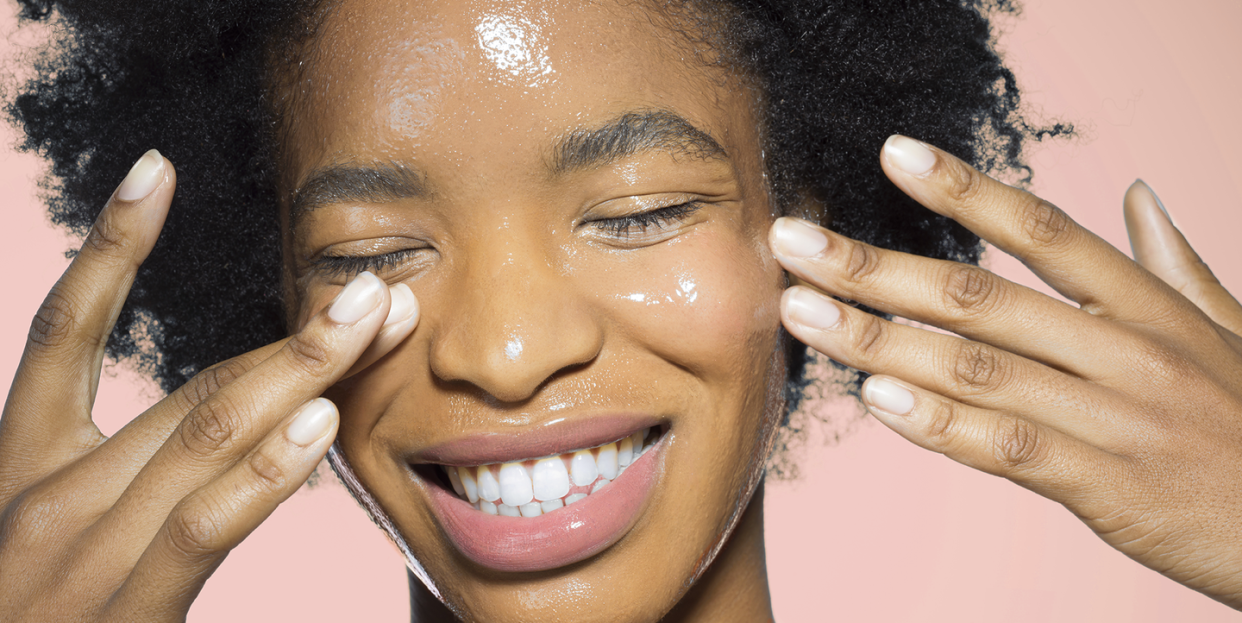5 Things You Didn't Know About Retinol

Is retinol a wrinkle fighter?
Yes. But it's more than that. It and other retinoids stimulate the production of collagen and decrease its breakdown, to minimize and prevent fine lines. Retinol can also help lighten dark spots by speeding up the rate of cell turnover so skin can shed its top layer of excess pigment. And that increased rate can help unclog pores, making them appear smaller.
Since the prescription-strength version is more effective, shouldn't I use that instead?
Not necessarily. Prescription-only retinoic acid is stronger and can give you better results than retinol, but it can be more irritating. Some dermatologists recommend starting with retinol to let your skin acclimate to the ingredient. Plus, retinols are available at a fraction of the cost of prescription retinoic acid.
I've heard that retinol makes skin sun-sensitive; if I use it in the morning, will my skin break out in a rash when I go outdoors?
No, but your skin will be more susceptible to burning and irritation from the sun—and that's for the whole time you're using a retinol and for several weeks after you stop, whether you put it on in the A.M. or the P.M. (This is because speedier cell turnover pushes new, delicate skin to the surface.) Applying sunscreen daily is a must.
Is it better to use a product with retinol at night?
Generally, yes. The theory is that your skin is repairing itself then, so any anti-aging ingredients you apply will be more effective. And sunlight has been thought to degrade retinol, decreasing its effectiveness. But more and more daytime moisturizers contain retinol these days, so we put them to the test—in fact, one of them, gold winner Neutrogena Rapid Wrinkle Repair Moisturizer SPF 30, outperformed its competition.
Does that mean I can use retinol morning and night?
No, easy does it. Your skin needs to get used to the ingredient, so start with one retinol product. If you experience no dryness, stinging, or redness, then you can add a second one. If you do have side effects, use just one product every second or third day. Other anti-aging ingredients, like peptides and vitamin C, also have wrinkle-fighting effects—they just don't have retinol's multipronged benefits.
You Might Also Like

